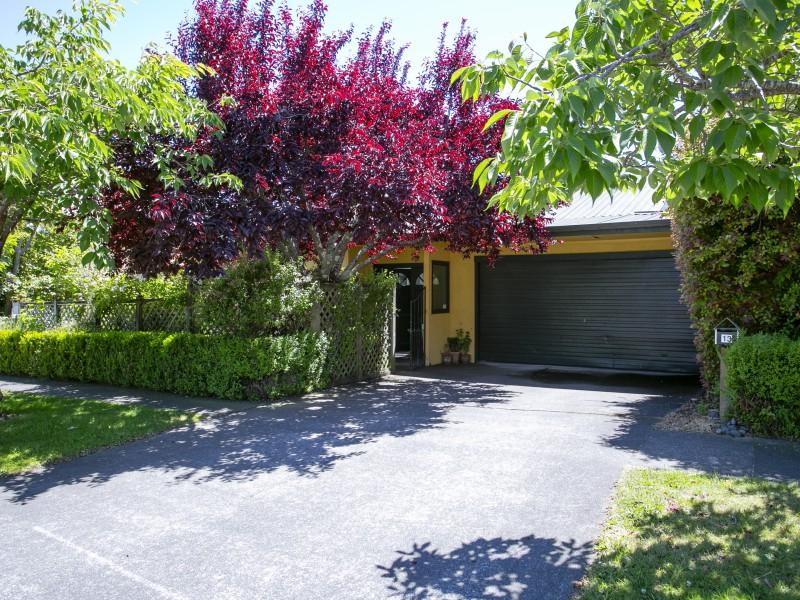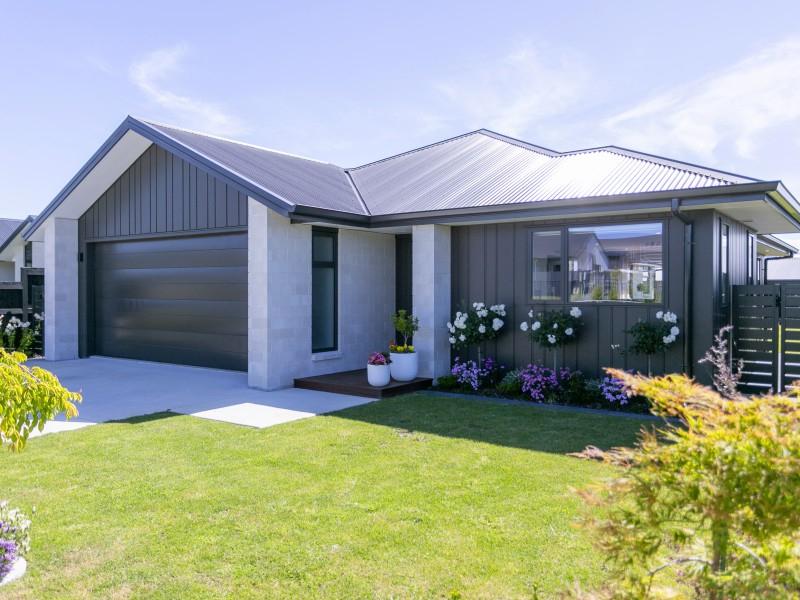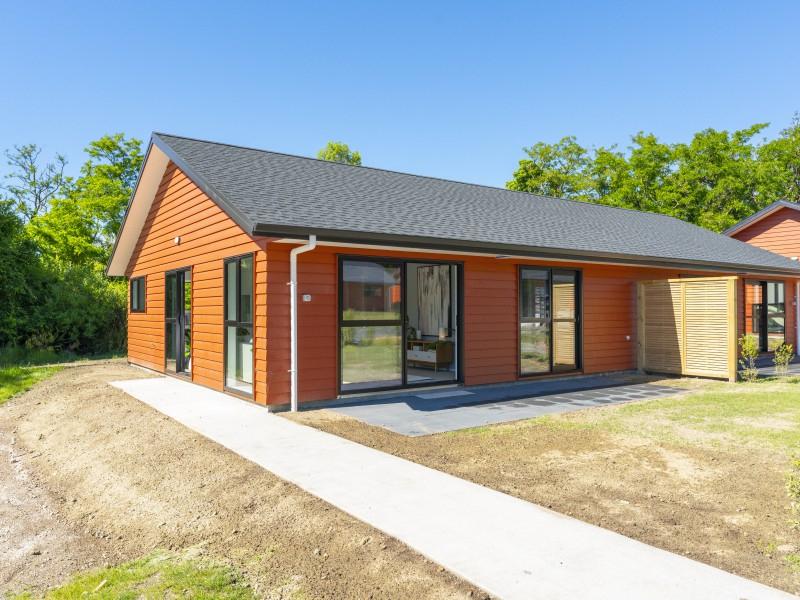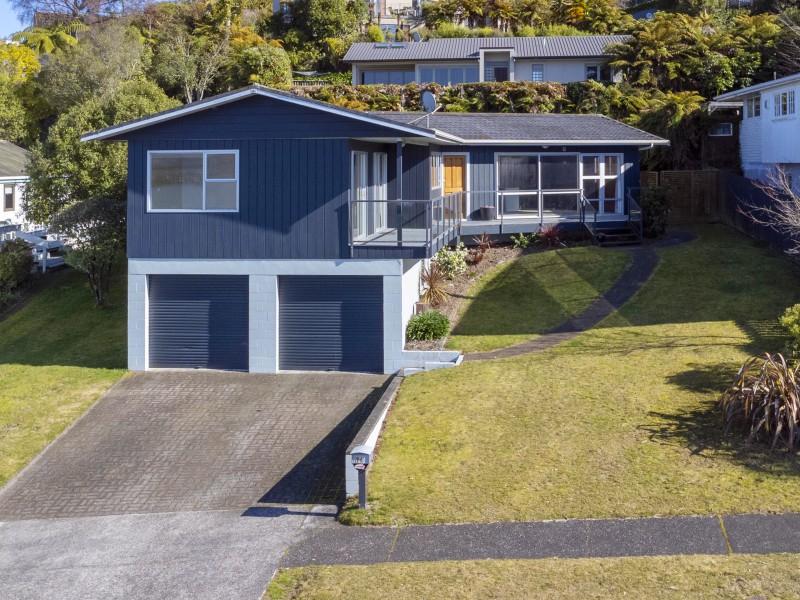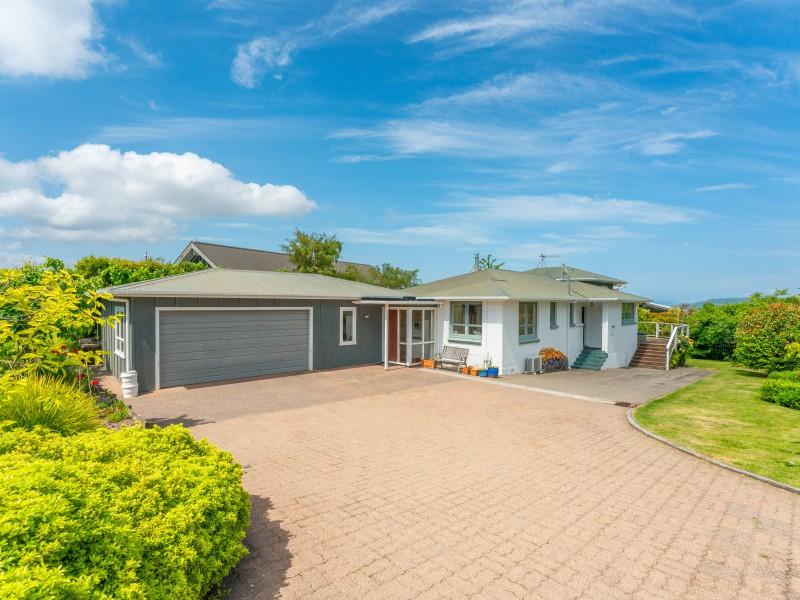Which carpet is right for you?
There are four basic fibres that are used to manufacture carpets today, 3 of which are man made fibres. All have unique qualities and strengths, and all make excellent carpets. Ultimately though, your choice should be determined by the characteristics that are most important to you and your home.
Polyester
Exceptionally Stain & Fade-Resistant, Soft, & Budget-Friendly
Polyester offers exceptional softness and colour clarity and is also naturally stain and fade resistant. If you need stain-resistance, this is your carpet!
While not as inherently resilient as nylon, polyester carpets will perform well if constructed well. So, choose a polyester carpet with a higher pile and medium-high density to ensure maximum appearance retention and long-term wear. As a general rule though we would not recommend Polyester for high traffic areas.
Polypropylene
Colour Fast, Naturally Stain Resistant, Economical
Polypropylene is one of the most colourfast fibres on the market. Unlike the other fibre types, polypropylene will not absorb water and must be solution dyed to impart colour. Solution dyeing is a pigmentation process in which colour is built into the fibre when it is formed, thereby becoming an inherent part of the fibre. The colour will not fade, even when exposed to intense sunlight, bleaches, or other harsh chemicals. However, since it is not as resilient as other fibres, polypropylene is better suited to low-profile loop (Berber) carpets in which there is less need for superior resiliency.
Polypropylene carpets work well anywhere you need fade and stain resistance – in rooms with strong sunlight, indoor/outdoor rooms, kitchens, children’s bedrooms and basements.
Solution Dyed Nylon (SDN)
Durable, Resilient & Versatile
Nylon is generally more expensive than other synthetic carpet fibres and is the most commonly used carpet fibre today. Nylon is the most versatile of all fibres, providing flexibility in creating a variety of carpet styles – from sumptuous plush to fashion-forward patterns to low-maintenance loop (Berber). Its strengths include good resiliency, good yarn memory to hold twist, good stain resistance with stain treatment applied, good soil hiding ability, and good abrasion resistance. It is the strongest fibre, making it an excellent choice for heavy traffic areas, active households or commercial facilities.
So there you have it, the choice is yours and you now have a little more knowledge to assist in choosing your carpet.
Flooring First Taupo.
Real People!
Real knowledge!
Real value!
Real deals!
Article courtesy of Puchers blog. puchers.com...

What's your favourite recipe for courgettes?
Kia ora neighbours. If you've got a family recipe for courgettes, we'd love to see it and maybe publish it in our magazine. Send your recipe to mailbox@nzgardener.co.nz, and if we use it in the mag, you will receive a free copy of our January 2025 issue.

Live Q&A: Garden maintenance with Crewcut
This Wednesday, we are having another Neighbourly Q&A session. This time with John Bracewell from Crewcut.
John Bracewell, former Black Caps coach turned Franchisee Development Manager and currently the face of Crewcut’s #Movember campaign, knows a thing or two about keeping the grass looking sharp—whether it’s on a cricket pitch or in your backyard!
As a seasoned Crewcut franchisee, John is excited to answer your lawn and gardening questions. After years of perfecting the greens on the field, he's ready to share tips on how to knock your garden out of the park. Let's just say he’s as passionate about lush lawns as he is about a good game of cricket!
John is happy to answer questions about lawn mowing, tree/hedge trimming, tidying your garden, ride on mowing, you name it! He'll be online on Wednesday, 27th of November to answer them all.
Share your question below now ⬇️

Poll: Should all neighbours have to contribute to improvements?
An Auckland court has ruled a woman doesn’t have to contribute towards the cost of fixing a driveway she shares with 10 neighbours.
When thinking about fences, driveways or tree felling, for example, do you think all neighbours should have to pay if the improvements directly benefit them?

-
82.3% Yes
-
15.2% No
-
2.6% Other - I'll share below

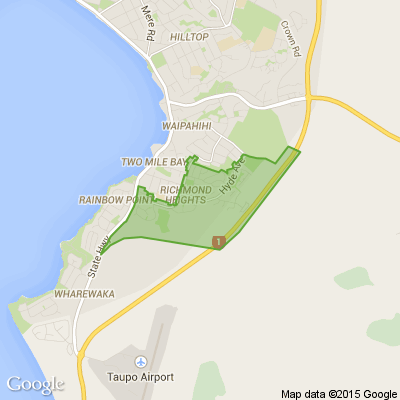




 Loading…
Loading…